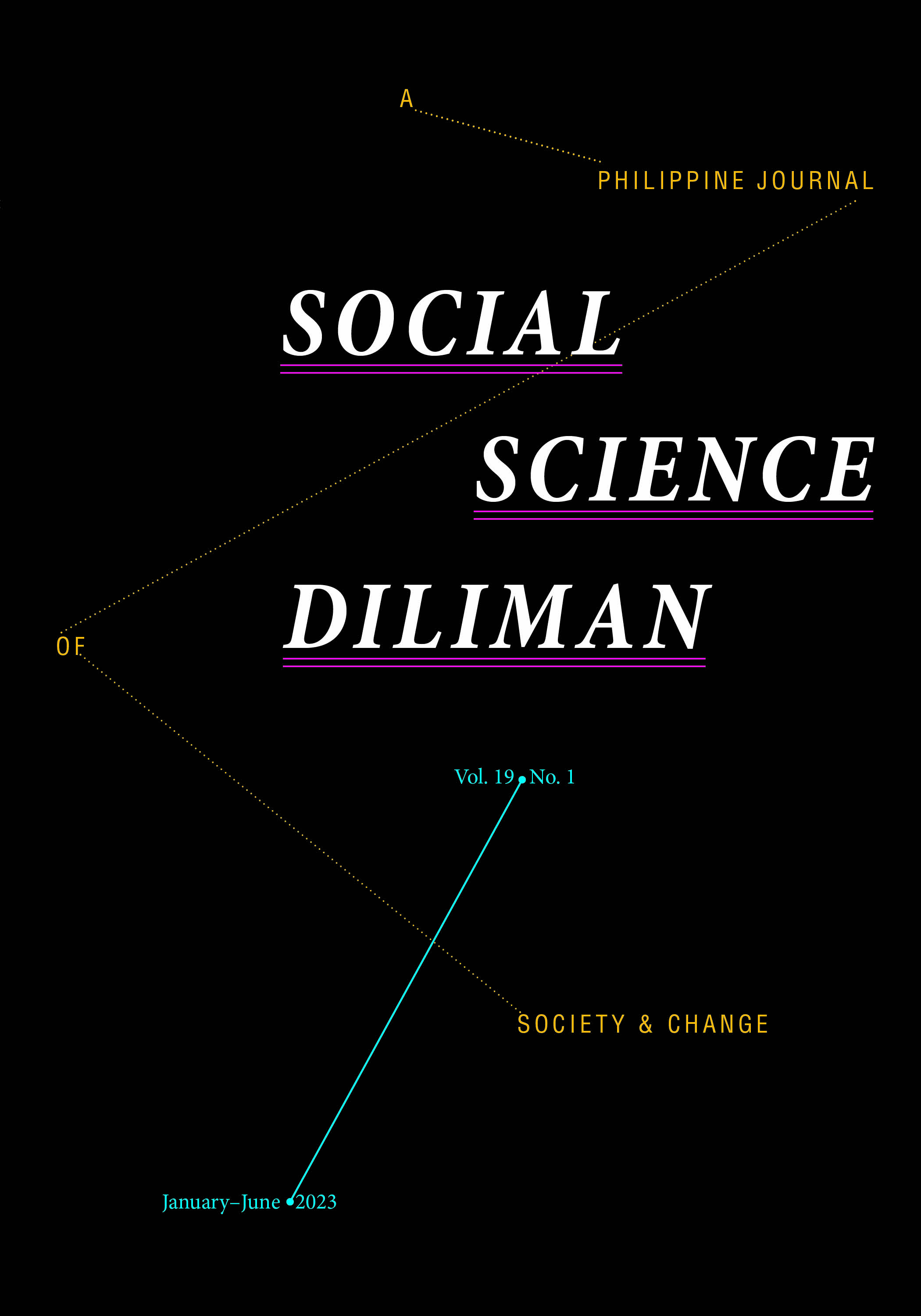Ancestral Veneration (Pag-umboh) practice among the Sama in Tawi-Tawi southern Philippines
Abstract
Ancestor veneration or the pag-umboh among the Sama people is considered one of their important cultural traditions. To understand the Sama’s devotion and perseverance in the pag-umboh ritual, this research investigates the ancestral veneration ritual among Sama in the four municipalities of Tawi-Tawi, namely Sitangkai, Tabawan-South Ubian, Banaran, and Bongao. The researcher interviewed ten key respondents from these four municipalities with a total of forty resource persons. This study primarily discusses the nature and significance of ancestral veneration. It also examines the factors that contribute to or reasons for the persistence of pag-umboh among the Sama in Tawi-Tawi. This research emphasizes that the pag-umboh is a socio-religious and cultural ritual performed by the Sama during the rice harvest season and at times of sickness or calamity. In the pag-umboh ritual, the Sama recognizes the ancestors’ or umboh’s ability to intercede in human affairs. The ritual promotes inclusivity and connectivity between the living and the dead. It is held to reminisce and show respect to their ancestors, and to prevent scourging inflicted by them. Furthermore, the pag-umboh among the Sama continuously persists as it gives the Sama a sense of security, protection, and distinctiveness. Thus, the pag-umboh shapes and influences Sama’s social, cultural, and religious being.


